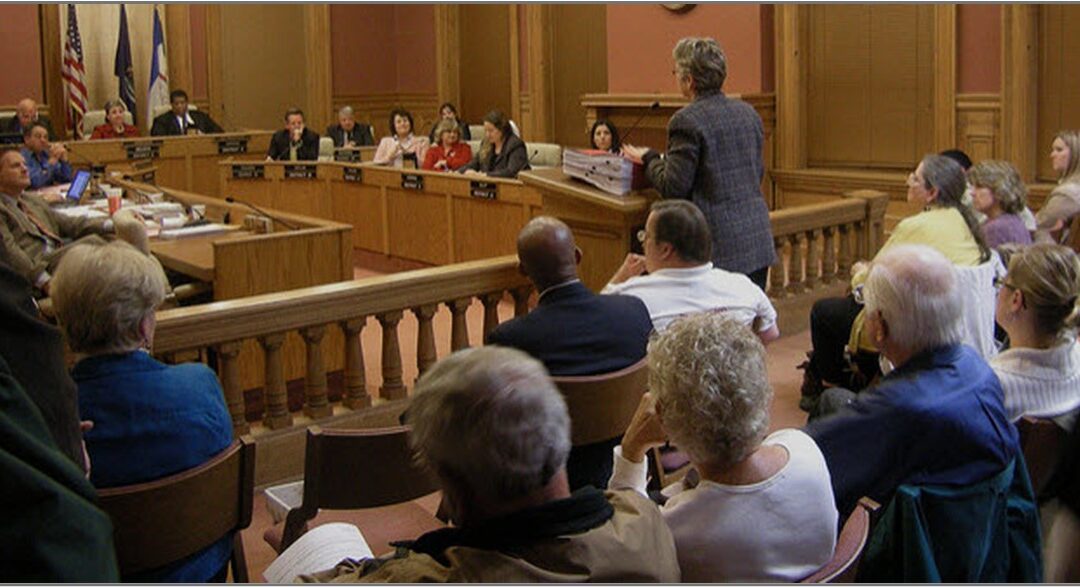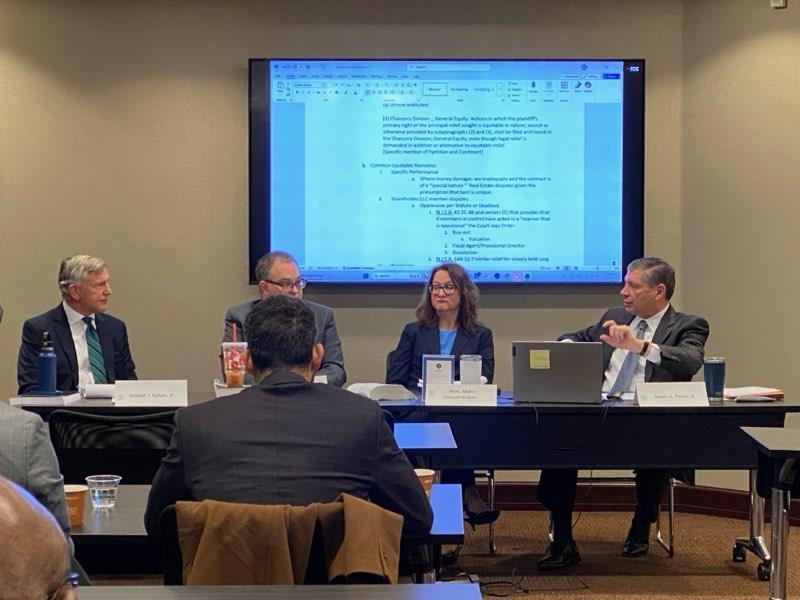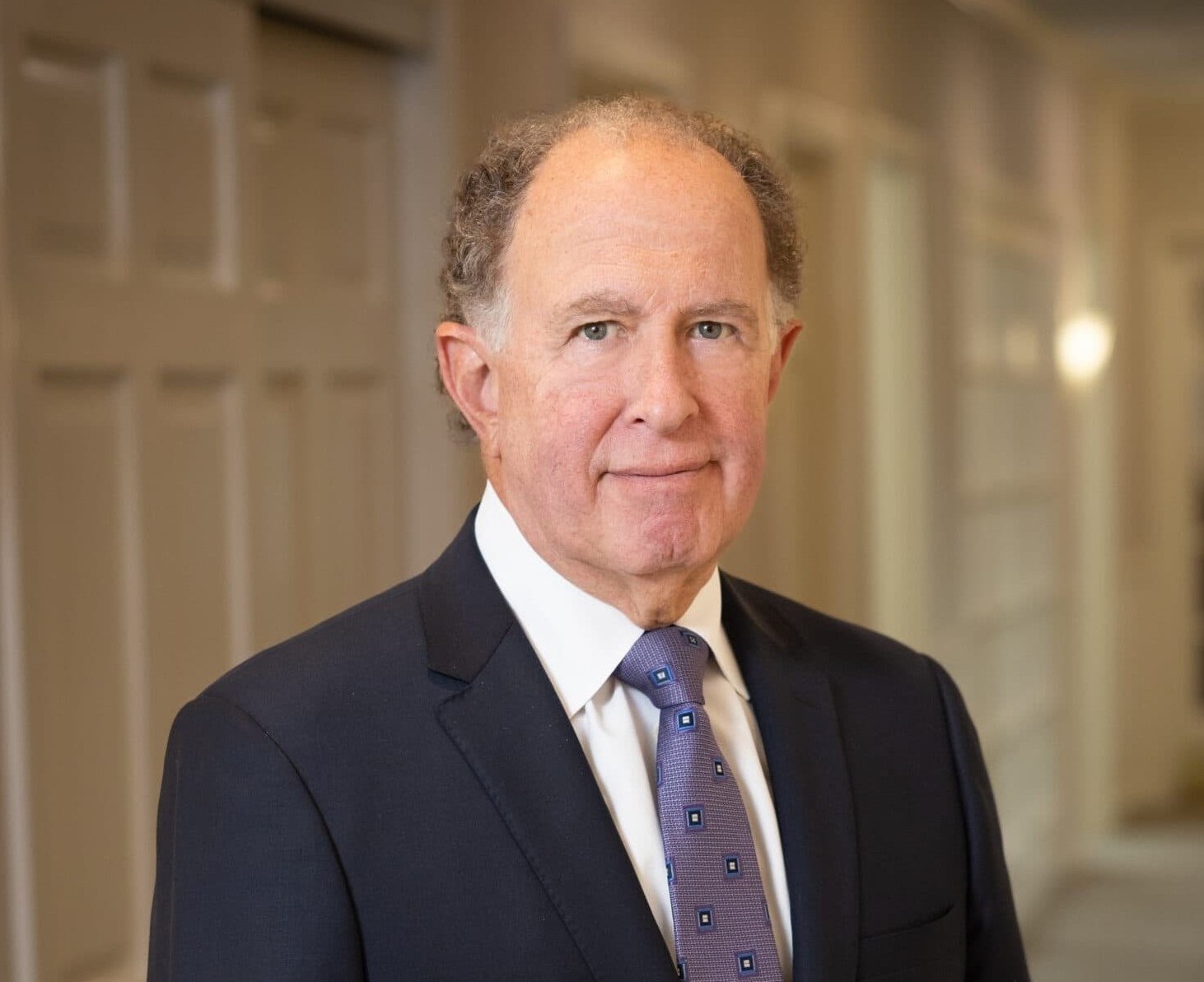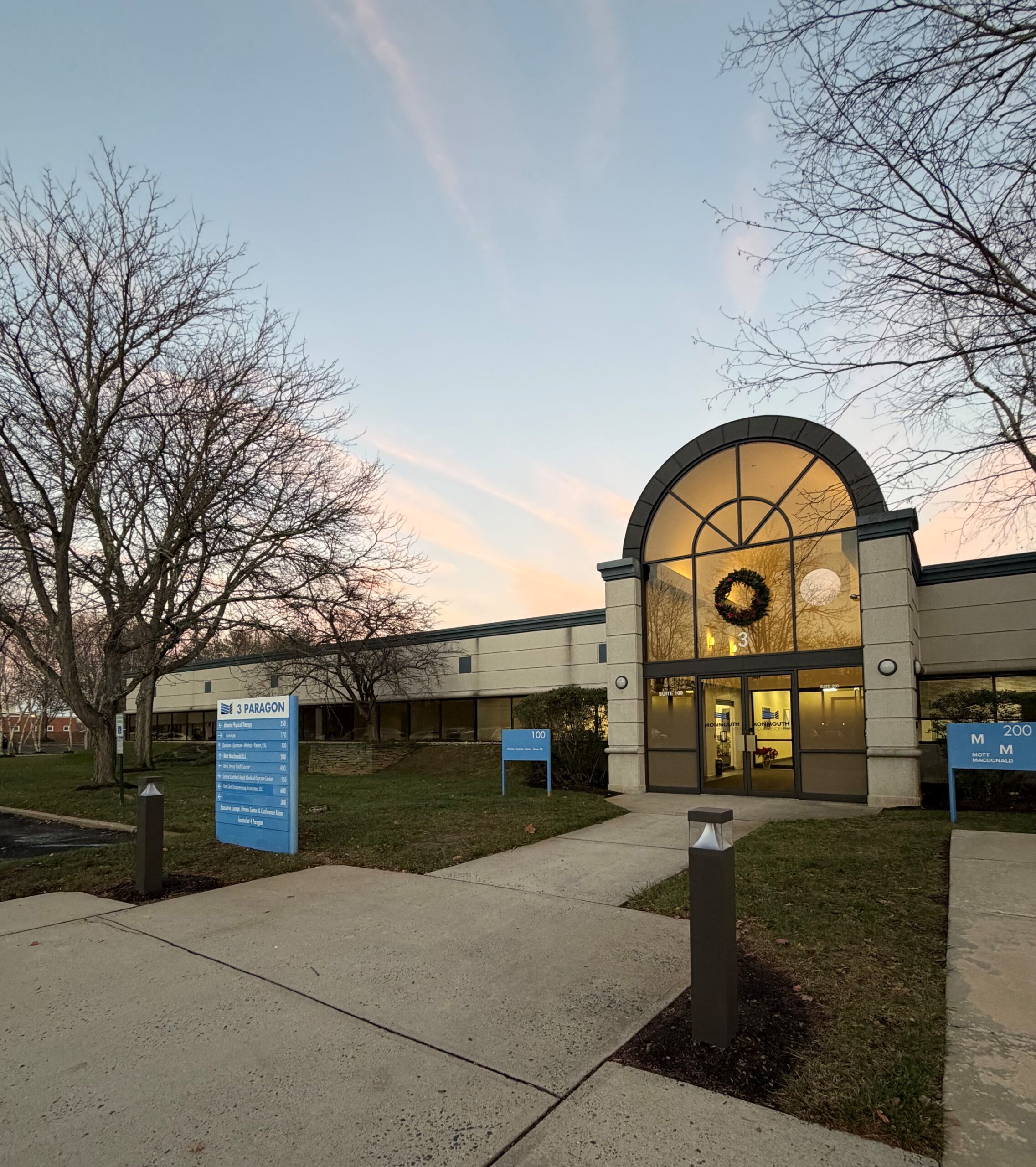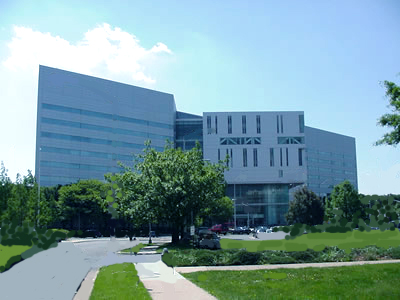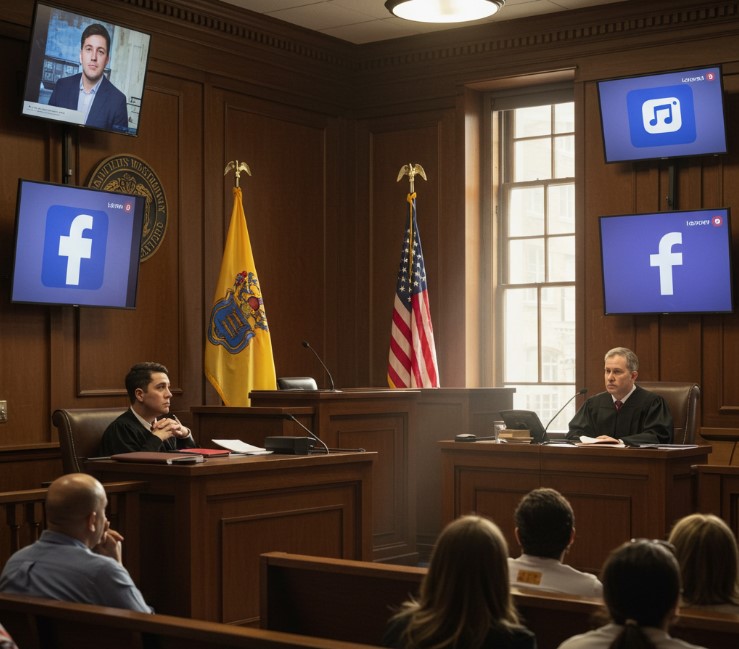What To Do When You Receive Notice of a New Development or Request for a Variance
By Dennis M. Galvin, Esq.
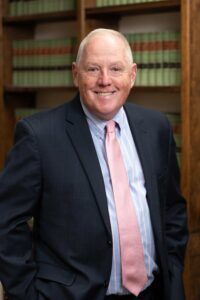
In New Jersey, if you live within 200 feet of a new development or request for a variance, you must receive written notice outlining the variances requested at least ten (10) days prior to a Public Hearing.
Most people find that 10 days is not enough time to prepare their opposition; however, Boards generally will not grant an extension of time to the neighbors.
As a general rule the more complicated a case is the more likely it will need additional meeting nights. Then you will have the time you need to prepare your opposition, if necessary.
The first thing a neighbor should do is go to town hall and look at the plans. In this era the plans may be on your community’s website. Once you see the plans, you should decide if the proposal will impact your quality of life or your property’s value. If not, you have no obligation to be present at the public hearing. On the other hand, if you are unsure or think the proposal may present a problem, you should attend the meeting and learn as much as you can.
Land Use Boards are quasi-judicial bodies, meaning they function in the same manner as a Court. An applicant’s attorney will make an opening statement and then introduce witnesses who give evidence to support the applicant’s case for the new development or the request for a variance. All of the applicants’ witnesses testify under oath. Experts need to present their professional qualifications. Typically, the experts used are engineers, architects, traffic experts and professional planners. Which experts are used depends on the facts of the application, its location and the proof required for each variance needed.

After each witness is heard the Board will allow members of the public to ask those witnesses questions. It is not the time to complain about the proposal. At the end of the hearing the Board will open the meeting to public comment. You raise your hand and ask to be heard. The board will put you under oath and then you can express your concerns or support. The applicant’s attorney could ask you questions about your testimony.
Once the public hearing is closed, the applicant’s attorney will sum-up and the Board will move into deliberations and rule. You cannot comment or speak when the Board deliberates.
The Board’s attorney will formalize the Board’s decision by drafting a resolution which occurs within 45 days of the hearing night. Once the Board adopts the resolution, the Board or the applicant, depending on the town, will publish a notice that the request for a variance or new development application was approved. Any member of the neighborhood can appeal a decision, but they must file a complaint with the Superior Court of New Jersey within 45 days of publication thereof that “notice of decision”. There is no requirement that you have attended or spoken at the meeting. If you conclude that the decision is in error, you can appeal.
If you hire an attorney to oppose an application for a new development or a request for a variance, he or she may present experts and witnesses in opposition to the applicant’s case. A Board should not count heads for or against a proposal but, like a Court, should weigh the facts against the proofs required. In every type of request a Board must consider the negative impact on the neighbors and weigh it against the positive impacts of the proposal.

CONCLUSION
Most times Boards want to be positive and generally approve most requests. With that said, Boards do care about the neighbors’ concerns and will want to mitigate any negative impacts like sounds, smells and lighting. A Board may try to balance an approval by requiring an applicant to plant trees, require the use of downlit lighting fixtures, require extra stormwater controls, and/or install fencing.
If an objector can articulate a reasonable change or improvement that would resolve their concern and still allow the Board to grant an approval that may well be the best outcome, and the Board may embrace it.
It is a good idea to discuss solutions with the applicant or their attorney prior to the hearing. If that is not possible then make your suggestion during the public comment portion of the hearing.

The Board is only permitted to discuss this application on “the record” in public. So, if the applicant and neighbors reach a proposed solution it must be placed on “the record”. If the matter is appealed a reviewing Court can only examine the testimony at the time of the hearing.
If you seek assistance with any of the aforementioned, please contact the Land Use Group of the law firm of Davison Eastman Munoz Paone, P.A. at 732.462.7170 or [email protected].
THIS IS FOR INFORMATIONAL PURPOSES ONLY AND DOES NOT CREATE AN ATTORNEY-CLIENT RELATIONSHIP. THIS DOES NOT CONSTITUTE LEGAL ADVICE.



